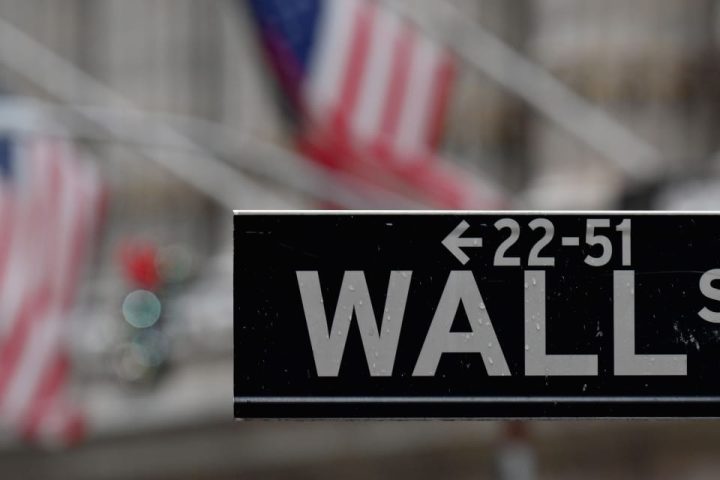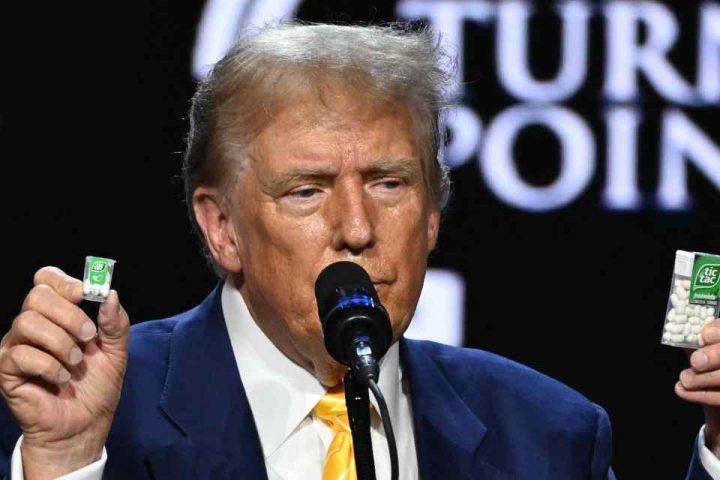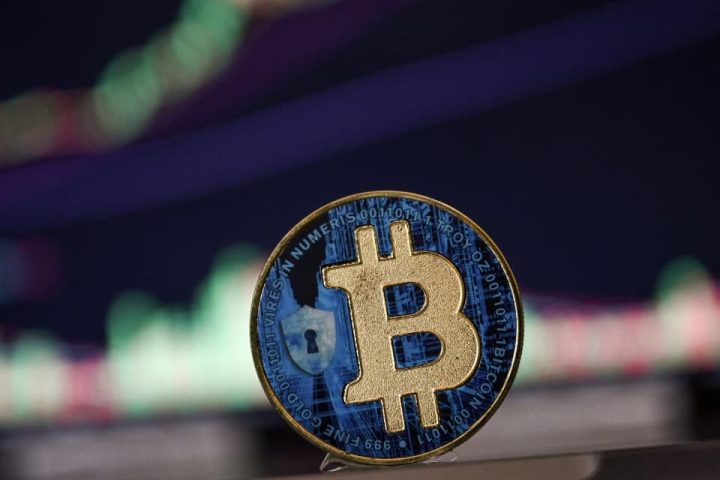By Kevin Yao
BEIJING (Reuters) -China’s parliament is expected to unveil moderate stimulus plans to stabilise growth at an annual meeting beginning on Tuesday, but may disappoint those calling for a detailed roadmap of bold policies to fix the country’s deep structural imbalances.
Premier Li Qiang will lay out economic targets for this year and deliver his first work report to the National People’s Congress (NPC), China’s rubber-stamp legislature, in the giant Great Hall of the People on the west side of Tiananmen Square.
A property crisis, deepening deflation, a stock market rout, and mounting local government debt woes are putting enormous pressure on China’s leaders to take momentous policy decisions that will put the economy on solid footing for the long-term.
But analysts and policy advisers expect the NPC agenda to focus more on near-term support for the sputtering economy after a post-pandemic rebound quickly floundered.
Li may nod to measures to improve the business environment and changes to promote technological innovation, but is unlikely to roll out big reforms that would need the Chinese Communist Party’s green light, they said.
“The top priority is to stabilise the economy,” said Zong Liang, chief of research at state-owned Bank of China.
Li is expected to set a growth target of around 5% for 2024 — the same as last year — to keep China on a path towards President Xi Jinping’s goal of roughly doubling the economy by 2035 and achieve “Chinese-style modernisation.”
That will require more fiscal stimulus, as last year’s 5.2% growth rate was likely much flattered by a comparison with a COVID-hit 2022.
“We face more pressure to hit a 5% target this year,” said a policy adviser who spoke on condition of anonymity.
China is expected to set a budget deficit target of 3% of economic output, but, crucially, announce plans for issuing 1 trillion yuan ($139 billion) in off-budget special sovereign bonds that could be used for funding strategically important sectors such as food and energy.
Citi analysts said the expected special bonds — together with the 3% deficit and a flat issuance quota for local governments at 3.8 trillion yuan — would contribute about 1 percentage point to GDP growth.
In late 2023, China issued 1 trillion yuan in sovereign bonds to spur growth, which was included in the annual budget.
With spending on roads, rail and bridges yielding increasingly lower returns, investment spending might lean more on “new infrastructure” such as 5G telecommunications, artificial intelligence and big data, policy advisers say.
China will continue to pour resources into tech innovation and advanced manufacturing, in line with Xi’s push for “new productive forces”. Some analysts have criticised this policy, however, saying it exacerbates industrial overcapacity, deepens deflation and heightens trade tensions with the West.
The People’s Bank of China, which on Feb. 20 announced its biggest-ever cut to a key mortgage reference rate, is expected to continue to ease policy gradually, amid worries that more aggressive moves could spur further capital outflows and put more pressure on the yuan currency.
But the central bank is expected to expand its pledged supplementary lending (PSL) scheme to support the property sector, which will be vital for stabilising the economy.
In all, the extra stimulus would still pale in comparison with measures taken after a previous episode of market turmoil in 2015 and during the 2008-09 global financial crisis, which eventually righted the economy but left a mountain of debt. Bigger moves could pose a threat to financial stability.
“Fiscal policy will no doubt be more proactive, but there is still limited appetite for bazooka-like stimulus,” analysts at Societe Generale (OTC:) said in a note.
REFORM DEBATE
Reform advocates, worried about record low consumer confidence and plunging investor and business sentiment, want China to return to a path of pro-market policies and find ways to boost household demand.
Proposals include relaxing urban residency permits to unleash the spending power of rural migrant workers; clipping the wings of big state firms to help the struggling private sector compete; and redesigning the tax system to tackle the root cause of surging municipal debt.
“Stimulus may only help resolve short-term problems. We need to accelerate reforms. The economic situation may force the authorities to push reforms,” said the policy adviser.
The NPC is not the traditional venue for sharp policy shifts, which are usually reserved for events known as plenums, held by the Communist Party between its once-every-five-year congresses.
One such plenum was initially expected in the final months of 2023. The fact that it has not yet been scheduled has fuelled investor concerns over policy inaction.
Two policy sources said it could still take place later this year, if top leaders reach consensus on what steps to take.
Last week, a meeting of the party’s Central Commission for Comprehensively Deepening Reforms, chaired by Xi, pledged to “use the key tactic of reform and opening up to solve problems in development.”
Still, Beijing’s national security and social stability concerns, as well as renewed uncertainty over what a potential Donald Trump return to the White House might mean for China, weighs against bold moves.
“Reforms are very pressing but we need to reach a consensus,” said a second policy adviser.
($1 = 7.1949 renminbi)
Read the full article here







